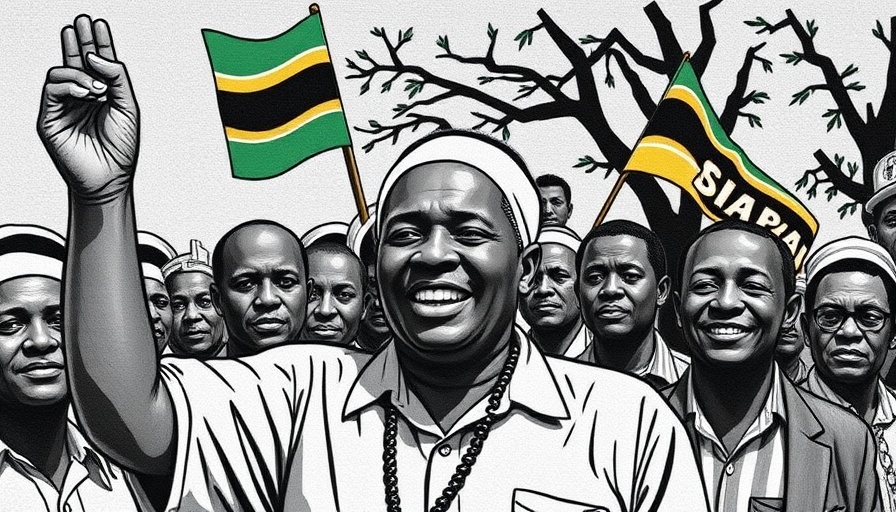
A Legacy of Leadership: The Life of Juma Volter Mwapachu
The recent passing of Juma Volter Mwapachu, fondly known as "JV," has left a profound void in Tanzania's political landscape. His trajectory reveals a life interwoven with the evolution of democracy in Tanzania—an influence initiated by his prominent family roots, notably that of his father, Hamza Bakari Mwapachu, a pivotal figure in the anti-colonial movement and the establishment of the Tanganyika African National Union (TANU).
Mwapachu’s Formative Years and Political Awakening
JV's university years at the University of Dar es Salaam were marked by active participation in student politics, epitomizing a burgeoning national consciousness. His early involvement in the TANU youth wing set the stage for a lifetime devoted to political engagement. Mwapachu's academic foundation was crucial in shaping his insights into governance and democracy, feeding into his later roles in various governmental and diplomatic capacities.
Architect of Democracy in Tanzania
While Mwapachu navigated diverse roles in the legal system, police force, and banking sector, his critical contribution emerged during the democratic reformations of the 1990s. As a member of the prominent Nyalali Commission, he worked to revive multiparty politics, a watershed moment in Tanzania's governance! His engagement exemplifies a commitment to fostering a political environment where different voices could emerge and be heard.
Global Implications of Mwapachu’s Philosophy
Understanding Mwapachu's impact extends beyond Tanzania, resonating with broader trends in Africa's political climates. His vision of an inclusive democratic space reflects the aspirations of many nations grappling with governance challenges. Africa's trajectory towards democracy and governance is essential as the continent integrates more deeply into the global economy and geopolitical discussions amidst rising powers like China and the EU.
Looking Ahead: Tanzania’s Political Landscape
As Tanzania remembers JV's legacy, it must also consider its path forward. With global dynamics increasingly favoring democratic principles and inclusivity, Mwapachu's work offers a template for other African nations navigating similar waters. His life serves as a reminder of the interconnectedness of local and global interests in shaping political realities across the continent.
As business leaders, policymakers, and academics dissect these trends, understanding Mwapachu’s role in Tanzanian governance provides important insights into the broader implications for Africa's political landscape. The lessons learned here are invaluable as nations forge their paths amidst a complex web of global interdependencies.
 Add Row
Add Row  Add
Add 


 Add Row
Add Row  Add
Add 

Write A Comment